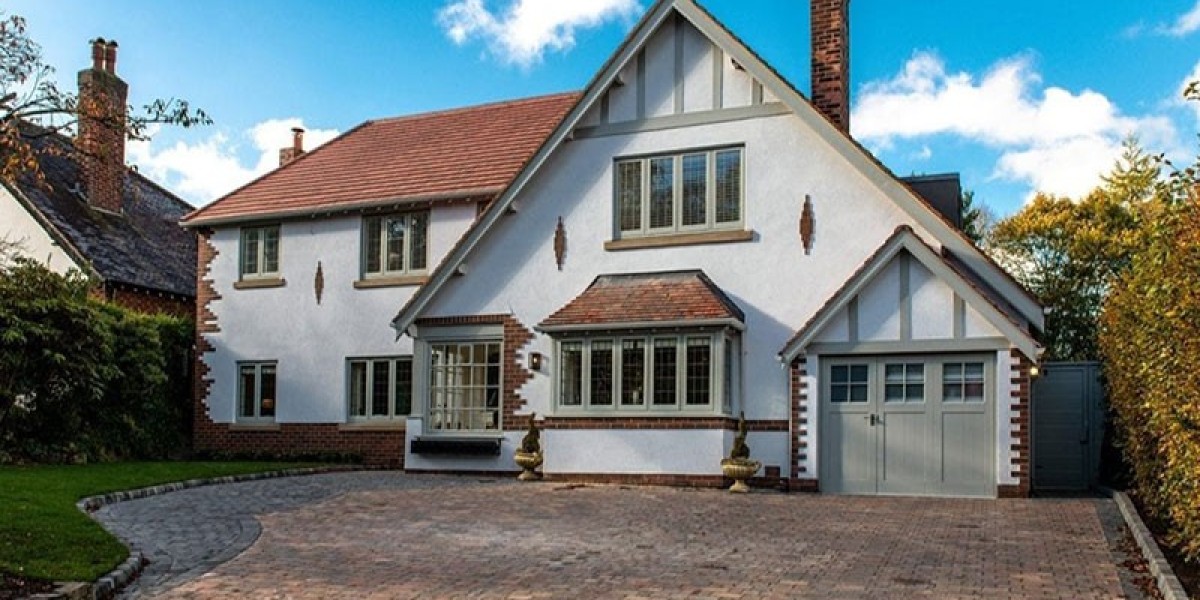Facebook
Twitter
LinkedIn
A Conventional Mortgage in Connecticut Top 10 Things to Know
Buying a home is a big step. In addition to deciding where you’ll live, how much you can afford and how long you might stay in the home, you also have to decide which kind of mortgage loan you’ll take out. The three most common types of U.S. mortgage loans - FHA (Federal Housing Authority), VA (Department of Veterans Affairs) and conventional - all offer different incentives.
But what exactly is a conventional loan? And is it your best option when buying a home in the Constitution State? Here are 10 things you need to know when considering a conventional mortgage loan in Connecticut.
1. What is a conventional mortgage?
A conventional mortgage is a private-sector home loan that isn’t backed by the federal government. Conventional mortgage loans need to follow the guidelines first set by Congress in 1938 in order to "provide liquidity, stability and affordability to the mortgage market." Conventional mortgages are the most common type of loan and account for 60% of all mortgage applications.
2. Who are Fannie Mae and Freddie Mac?
These two entities were created by Congress in order to provide a reliable supply of mortgage loan funds throughout the country. Fannie Mae was created first in 1938 as a response to the Great Depression, to help hard-hit families afford homes again. Freddie Mac was another private company created by Congress in 1970 to sustain this need; both are now shareholder-owned companies that operate under a congressional charter.
3. FHA vs. conventional mortgage: How do they compare?
To help discern the differences between conventional and government-insured loans, here’s a helpful chart comparing their features.
4. What is the minimum down payment on conventional mortgage loans in Connecticut?
The standard down payment on conventional loans is 20% of the total loan amount. However, there are several alternative options that require far less. Be aware that any down payment less than 20% may incur additional costs, like private mortgage insurance (PMI).
5. What’s the best credit score for a conventional mortgage?
Your credit score is a number determined by your historical ability to pay your debts, with 300 being the lowest (poorest) score and 850 being the highest. A "good" credit score is considered anything starting in the mid-600s and up. The minimum credit score needed to qualify for a conventional mortgage ranges from 620 to 640, depending on the lender.
Reach out to an experienced mortgage professional to answer your questions and walk you through the conventional mortgage application process.
6. Are there different types of conventional loans in Connecticut?
Across the U.S., there are two types of conventional loans: conforming loans and non-conforming loans. A conforming loan refers to any conventional mortgage that adheres to the financing limits set by the Federal Housing Finance Agency (FHFA).
Currently, the loan limit for a single-family home in most of Connecticut is $548,250, with the exception of Fairfield County, where the limit is $601,450. For comparison, FHA loans are capped at $356,362 - that’s almost $200,000 less than the Connecticut conventional loan cap!
Non-conforming loans - also called jumbo loans - exceed the FHFA’s conventional mortgage financing limits. Non-conforming loans typically have higher interest rates and higher down payments than conforming loans.
7. Is there financial aid for conventional loan borrowers in Connecticut?

Yes! The Connecticut Housing Finance Authority offers loan programs that can help defray the costs associated with your conventional loan.
HFA Advantage & HFA Preferred: These programs help first time home buyers afford their mortgage insurance, and also offer a secondary loan of up to $3,000 to offset closing costs.
Homebuyer Mortgage Program: This loan program helps low- to moderate-income home buyers afford their payments. Applicants do not need to be first time home buyers to qualify, and may also be eligible for assistance with closing costs.

Down Payment Assistance Program: Included with each of the programs listed above, this is a low-interest loan that acts as a second mortgage. Borrowers are required to put down at least $1,000 in order to qualify for a DAP loan.
8. What documents do I need to qualify for a conventional loan?
Borrowers applying for a conventional mortgage in Connecticut need to provide proof of their income and assets. Use this list to determine if you have everything you need before meeting with your mortgage lender:
❏ Two years’ worth of employment information
❏ A list of assets and liabilities
❏ Government-issued identification
❏ Two years’ worth of W-2s
❏ 30 days’ worth of pay stubs

❏ Two to three years’ worth of income tax returns
❏ IRS Form 4506-T (signed and dated)

❏ Two to three months’ worth of bank statements
❏ Two to three months’ worth of investment account statements
❏ Gift letter (if using gift funds)
❏ Credit report
❏ Bankruptcy/discharge papers for any documented bankruptcies
❏ Renting history

❏ Borrowers who are self-employed are required to present additional documentation, including proof of income, a current profit and loss statement and a list of all business debts.
9. What are the pros and cons of a conventional mortgage in Connecticut?
To help you weigh your options when choosing the mortgage that’s right for you, we’ve made a convenient pros and cons chart.
10. How can Blue Water Mortgage help?
We are a full-service mortgage lender licensed in New Hampshire, Maine, Massachusetts, Connecticut, Vermont, Rhode Island, Florida, North Carolina, Colorado, Texas, Georgia, and South Carolina. No matter where you’re looking to buy, we offer professional expertise with a hometown feel. Reach out today for guidance in your Connecticut home search.







